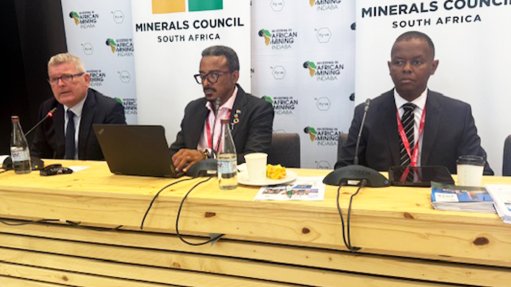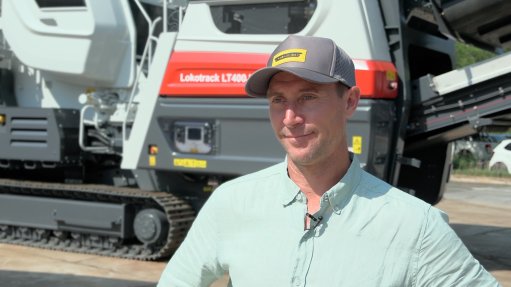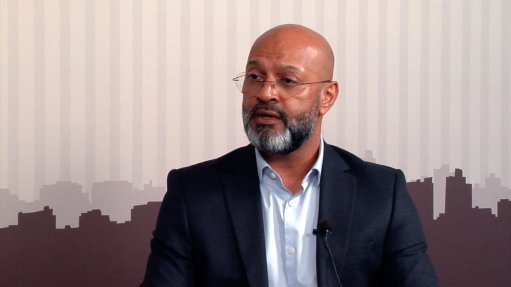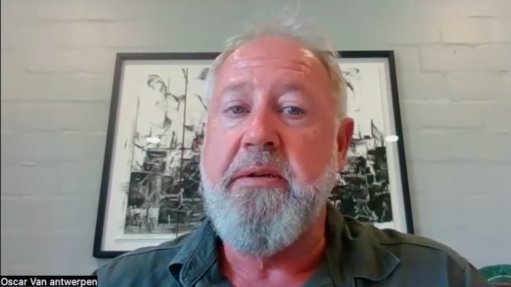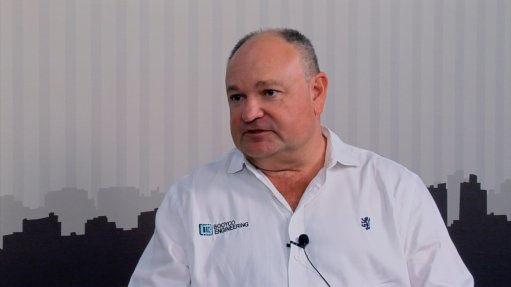Several challenges hampering investment in Africa


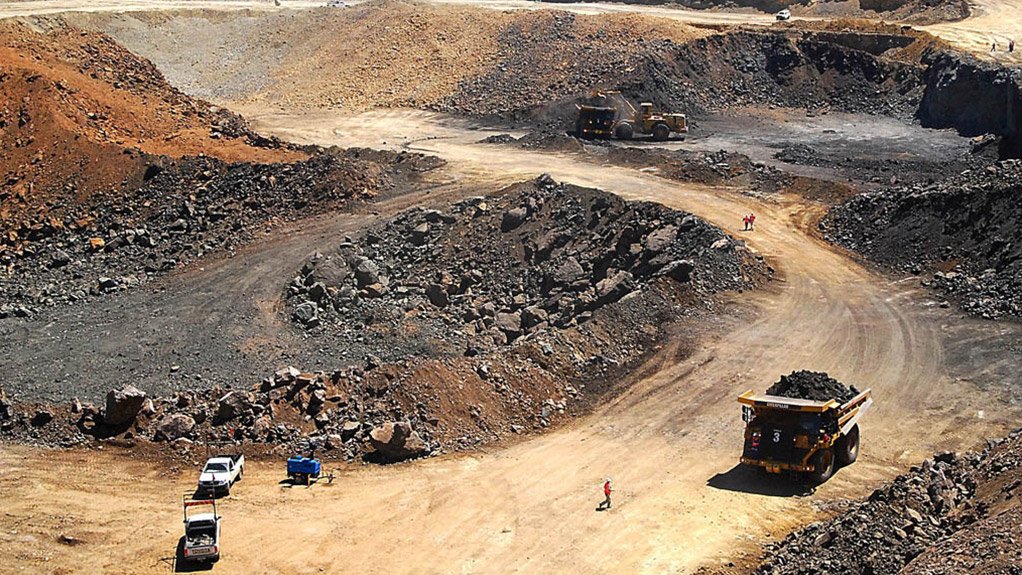
LARA SMITH The price of agriculture commodities, such as potash and urea, as well as energy commodities, such as coal, have declined sharply over the past quarter, driven by lower oil prices
UNPOPULAR Africa is not currently in vogue in terms of foreign investment
Photo by Duane Daws
African mining is expected to remain depressed, says mining consultancy Core Consultants MD Lara Smith, who believes 2015 will be characterised by reduced commodity prices, weakened demand and an oversupply in most markets.
Smith tells Mining Weekly that a price rebound is only expected in 2016 and that metal prices are expected to remain low but more stable than bulk commodities. She adds that this is especially true for metals used in electronics, such as cobalt, tungsten and certain rare earths, where pockets of growth can still be found.
Smith further highlights that the price of agriculture commodities, such as potash and urea, as well as energy commodities, such as coal, have declined sharply over the past quarter, owing to lower oil prices.
Key Investment Challenges
Investment concerns are immense when it comes to South Africa, as industry stakeholders have failed to demonstrate to investors that the country is a fair risk investment, says Smith.
She explains that South Africa’s power crisis and continued delays in State-owned power utility Eskom’s expansion plan, compounded by labour unrest in the mining sector and the breakdown of key national services, such as the post office, are all hampering investment into South Africa.
She believes this is exacerbated by government’s failure to abandon exchange controls and its black economic-empowerment (BEE) policies. Instead, South Africa has increased its BEE stringency, and fiscal governance has become more prone to corruption and cronyism.
Smith adds that these factors, coupled with falling grades, rising costs, mining majors’ wish to divest from key assets, and an overall sell-off of emerging markets, renders South Africa a poor investment decision from the perspective of the foreign investor.
She believes Africa, as a whole, faces many of the same challenges as South Africa. “With an increasingly cautious market, and a global mining industry that is going through a slump, Africa is not currently in vogue in terms of foreign investment.”
Looking Abroad
Smith reiterates that it has been a tough year for the global mining and energy sectors, with 2014 seeing a decline in new green- and brownfield projects, with very few sizeable projects coming on line.
In addition to job cuts, a strong indicator of the state of the market is the nature and size of projects that are awarded to engineering, procurement and construction management (EPCM) firms, and to mining consultancies.
“Over the past 18 months, we have seen that all mining consultancy and EPCM firms are fishing in a small pond of projects, while major EPCM firms, which typically would not consider taking on a project for under $50-million, are now playing in the small- to midtier leagues, scrambling for projects under $10-million,” says Smith.
She attributes the main macroeconomic drivers of this dearth in projects to several key factors, including the slowdown in China.
Smith adds that, while commodity markets have normalised in the past three years, the global economy enjoyed a China-led supercycle from 2003 to 2011.
“However, most markets are currently oversupplied, which is impacting on commodity prices. “Oil, for instance, is trading at a four-year low – at about $145/bbl. Basically, the extended supercycle rendered new sources of supply economically viable. Now, however, low prices have impacted on project margins,” explains Smith.
She further notes that, until recently, China’s increasing demand was seemingly unceasing, which is why the recent slowdown in demand caught markets unprepared.
“As a result, we expect continued cost-cutting measures to be implemented across the globe’s mining and energy sectors,” explains Smith.
She notes that the appreciation of the US dollar against the euro has increased European production costs, causing curtailments in key end-user markets for South Africa’s raw materials, such as steel and stainless steel plants.
Article Enquiry
Email Article
Save Article
Feedback
To advertise email advertising@creamermedia.co.za or click here
Press Office
Announcements
What's On
Subscribe to improve your user experience...
Option 1 (equivalent of R125 a month):
Receive a weekly copy of Creamer Media's Engineering News & Mining Weekly magazine
(print copy for those in South Africa and e-magazine for those outside of South Africa)
Receive daily email newsletters
Access to full search results
Access archive of magazine back copies
Access to Projects in Progress
Access to ONE Research Report of your choice in PDF format
Option 2 (equivalent of R375 a month):
All benefits from Option 1
PLUS
Access to Creamer Media's Research Channel Africa for ALL Research Reports, in PDF format, on various industrial and mining sectors
including Electricity; Water; Energy Transition; Hydrogen; Roads, Rail and Ports; Coal; Gold; Platinum; Battery Metals; etc.
Already a subscriber?
Forgotten your password?
Receive weekly copy of Creamer Media's Engineering News & Mining Weekly magazine (print copy for those in South Africa and e-magazine for those outside of South Africa)
➕
Recieve daily email newsletters
➕
Access to full search results
➕
Access archive of magazine back copies
➕
Access to Projects in Progress
➕
Access to ONE Research Report of your choice in PDF format
RESEARCH CHANNEL AFRICA
R4500 (equivalent of R375 a month)
SUBSCRIBEAll benefits from Option 1
➕
Access to Creamer Media's Research Channel Africa for ALL Research Reports on various industrial and mining sectors, in PDF format, including on:
Electricity
➕
Water
➕
Energy Transition
➕
Hydrogen
➕
Roads, Rail and Ports
➕
Coal
➕
Gold
➕
Platinum
➕
Battery Metals
➕
etc.
Receive all benefits from Option 1 or Option 2 delivered to numerous people at your company
➕
Multiple User names and Passwords for simultaneous log-ins
➕
Intranet integration access to all in your organisation










